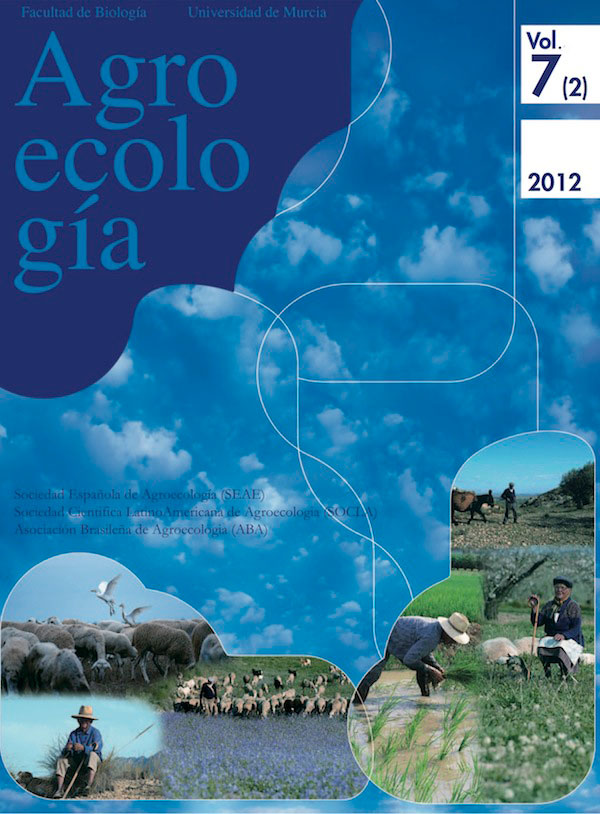Gender and agro-ecology: implications for gender relations
Abstract
This paper presents the results of the study that in the places where the Agrarian Reform in Brazil takes place. We draw attention to those women who chose agro-ecology as the organizing technological model to make a productive and cultural contribution to the territory they live in. The chosen model is contrasted to the farming model that favors monoculture and the use of toxic products in agriculture supported by the “Green Revolution” that recognizes men as the subject of production and of farming property. The new model gives a new perspective to the production spaces and country life. Agro-ecology becomes a dialogue of knowledge where the cultural and social heritage accumulated by countrymen and women is the main alternative for the hegemonic model. The potentialities that agro-ecology gives to alter the hierarchical structures that culture has imposed for gender relations are highlighted in the study. Multi-culture, multi-functionality, exchange with specialists, participation in research nets and fairs, and the creation of production groups, among other factors, involve a democratization of the power spaces and quotas, as well as encouraging the development of capacities and of economic and political power for women, now as the main actors of their own destiny. The meaning of this approach to a new model for the ones who apply it is also included in the study. The methodology applied is supported by multiple case studies and the study of chosen social groups.Downloads
Las obras que se publican en esta revista están sujetas a los siguientes términos:
1. El Servicio de Publicaciones de la Universidad de Murcia (la editorial) conserva los derechos patrimoniales (copyright) de las obras publicadas, y favorece y permite la reutilización de las mismas bajo la licencia de uso indicada en el punto 2.
2. Las obras se publican en la edición electrónica de la revista bajo una licencia Creative Commons Reconocimiento-NoComercial-SinObraDerivada 3.0 España (texto legal). Se pueden copiar, usar, difundir, transmitir y exponer públicamente, siempre que: i) se cite la autoría y la fuente original de su publicación (revista, editorial y URL de la obra); ii) no se usen para fines comerciales; iii) se mencione la existencia y especificaciones de esta licencia de uso.
3. Condiciones de auto-archivo. Se permite y se anima a los autores a difundir electrónicamente las versiones pre-print (versión antes de ser evaluada) y/o post-print (versión evaluada y aceptada para su publicación) de sus obras antes de su publicación, ya que favorece su circulación y difusión más temprana y con ello un posible aumento en su citación y alcance entre la comunidad académica. Color RoMEO: verde.





